Miller, Miller & Canby land use attorney Debra Yerg Daniel was a featured author in the March / April 2021 Municipal Maryland Magazine. Click here to view the online article on page 23. The full article is included below.

The Age of COVID: A Few Municipal Legal Challenges We May Face Together
Since March of 2020, there have been many aspects of day-today life that have been affected by the COVID-19 pandemic. Municipalities have had to adapt—and quickly—to the changing landscape as restrictions and health advisories have been issued from the Federal, State and County levels. Given the lack of a coherent, unified approach to dealing with the pandemic and its effects, municipalities often have found themselves having to address issues as they arise and find ways to apply ambiguously worded State and County executive orders in their own jurisdictions.
Some of these changes will have longstanding implications for municipalities and some may even be permanent. This article explores three important areas: access to local government, workplace safety, and the temporary moratorium on evictions.
Access to Local Government
When Governor Larry Hogan issued the state of emergency in March of 2020, local governments in Maryland shut their doors to the public. At that time, it was unclear how long the state of emergency was going to last. Some jurisdictions chose to temporarily close their doors while others immediately began to transfer many day-to-day operations to a virtual format. Since that time, almost all jurisdictions have had to manage at least some operations virtually. While there is renewed hope that vaccines will help us get back to normal, the reality is that a lot is still unknown about the virus and thus, many current processes that have gone virtual will more than likely continue to be in demand even once things return to relative normalcy. Virtual access to city services touches upon a variety of legal issues, most notably the Maryland Open Meetings Act and common law due process requirements.
When a body, such as a Mayor and Council or a planning commission, meet in open session, under the Maryland Open Meetings Act, the public is “entitled to attend.” When virtual meetings are held, there is a question whether this requirement is met if only members of the public who have access to a computer have the ability to “attend” the meeting. Jurisdictions need to consider how to include those who do not have access to a computer. For those jurisdictions that televise their meetings, there is a question of whether that would satisfy the requirement that the public be able to “attend” the meeting. It is also questionable whether simply listening to meetings over the phone satisfies the requirement as well. The Open Meetings Act also provides that “[a] public body shall adopt and enforce reasonable rules regarding the conduct of persons attending its meetings . . . .” While many public bodies have established a format for holding virtual meetings, in order to be in compliance with the Act, such rules need to be formally adopted and should be made available to the general public. Ultimately, amendments may need to be made to the Act in order to take into account the new reality and limitations of virtual meetings.
During the pandemic, most of us have had to contend with technology issues. While these issues have become common annoyances in everyday work-from-home life, when they happen in the context of a legally required public hearing, the consequences can be significant. When a planning commission or other quasi-judicial body holds a public hearing and makes a decision affecting a person’s rights, that person is afforded due process under the U.S. Constitution, including the opportunity to be heard. If an interested party cannot participate during a public hearing due to technology limitations, a public body may need to postpone its decision until all parties can be heard or provide alternative means to participate such as allowing for the submittal of written testimony. If a public body discovers, after a decision is made, that an interested party was not able to participate due to technology limitations (the link provided did not work, for example), the body may decide to reconsider its decision in order to reopen the record and consider the additional information.
In addition, quasi-judicial bodies need to have a process in place for allowing for cross-examination during a public hearing. While, in my experience, cross-examination is not requested very often during these types of hearings, when it is requested, the Maryland Court of Appeals has made it clear that it must be allowed. Jurisdictions need to have a process to allow for any interested party to request cross-examination. Limitations inherent in certain virtual platforms make it difficult to accommodate this right since providing the ability for parties to request cross-examination in real time would also allow them to interject in a proceeding at any time. In order to not run afoul of due process, jurisdictions may need to consider a process that provides interested parties a direct line to the Chair of the body to request cross-examination such as the ability to text a request to be recognized. Ideally, the quasi-judicial body will have adopted rules and procedures to address these types of issues in order to provide the public with the information on how a hearing is conducted as well as to provide the body a process with which to deal with these types of issues as they arise.
Workplace Safety
The pandemic raises many employment-related questions. Municipalities, as employers, must determine what they are required to do to keep their employees safe. In August of 2020, a broad coalition of worker rights and other groups filed a petition urging Governor Hogan to issue emergency protective measures to protect workers from COVID-19 in the workplace. To date, neither the federal Occupational Safety and Health Administration (OSHA) nor Maryland’s Occupational Safety and Health (MOSH) have issued any enforceable pandemic-related requirements for employers to implement.
While OSHA and MOSH do not require any pandemic-specific safety measures, municipalities must still implement reasonable measures designed to keep employees safe and minimize the spread of COVID19. On January 29, 2021, OSHA posted on its website “Protecting Workers: Guidance on Mitigating and Preventing the Spread of COVID-19 in the Workplace.” As part of this guidance, OSHA recommends that employers implement a COVID-19 Prevention Program and provides a summary of the elements such a program should include such as the assignment of a workplace coordinator; identifying measures that will limit the spread of COVID-19 in the workplace; educating and training workers on COVID-19 policies and procedures; and implementing protections for workers against retaliation for voicing concerns about COVID-19 related hazards. It is important for municipal employers to adopt written processes and procedures for employees to follow so that employees know what is required of them and what the consequences are for noncompliance. It also assists employers in ensuring that all employees are treated equally.
Temporary Moratorium on Evictions
On January 20, 2021, Rochelle P. Walensky, MD, MPH, the newly appointed Director of the Centers for Disease Control and Prevention, extended the order temporarily halting residential evictions to “at least March 31, 2021.” In support for the extension, Dr. Walensky found that the COVID-19 pandemic presents “a historic threat to the nation’s health” and cited the need for people to stay in their homes and out of congregate settings such as shelters.
According to the Maryland Courts website, in order for tenants to avail themselves of this temporary order, they must provide their landlords with a declaration that states the following: 1) the tenant has used best efforts to get government rental assistance but still cannot pay the full rent; 2) the tenant’s annual income is below $99,000 (or $198,000 for joint tax filers); 3) the tenant has made efforts to make partial payments of rent, if possible; 4) the tenant cannot pay full rent because of a loss of income, a loss of work or wages, or because of very high medical expenses; and 5) that eviction would force the tenant to be homeless or move in with others in overcrowded conditions.
For cases involving commercial tenants, the Maryland courts are currently hearing cases in accordance with the Court of Appeals’ Amended Administrative Order On The Progressive Resumption Of Full Function Of Judiciary Operations Previously Restricted Due To The Covid-19 Emergency, issued on June 3, 2020. The Order sets forth the five phases of the reopening plan for the courts. In the most recent order issued by the Court of Appeals, the courts are currently in Phase II of the reopening plan which will be in effect from November 30, 2020, to March 14, 2021. During Phase II, Maryland courts will hold hearings on evictions but only on an emergency basis and only for cases involving the breach of a lease, a tenant holding over, and/or wrongful detainer. Cases involving a failure to pay rent will not be held during Phase II and any cases involving failure to pay rent that have already been scheduled during this time period will be postponed.
In addition, on April 3, 2020, Governor Hogan issued an Executive Order restricting courts from evicting tenants, both residential and commercial, if the tenant can provide evidence showing that they suffered a substantial loss of income due to COVID-19. If the court accepts the evidence, the court will keep the case open until the Governor’s Order expires, at which time the court may issue a judgment on whether eviction is appropriate.
Under the current orders protecting tenants, it is important to note that any unpaid rent during the moratorium on evictions will accumulate and will, ultimately, still be owed in full by the tenant. The lack of affordable housing and housing insecurity is a major issue for many municipalities. Until orders are lifted by the CDC and Governor Hogan, the true effect of COVID-19 on tenants cannot be fully assessed.
About the Author/For More Information: Debra Yerg Daniel is an attorney in the Land Use & Zoning practice group at Miller, Miller & Canby, focusing her practice in zoning law, land use planning and development, and administrative and municipal law for clients that include municipalities, property owners and developers. Prior to joining Miller, Miller & Canby, she spent 25 years working in state and local government, serving as the City Attorney for the City of Rockville and as an Associate General Counsel with the Maryland-National Capital Park and Planning Commission. Her extensive experience makes her uniquely qualified to provide representation and advice to private clients seeking land use and other development approvals before various municipalities and planning authorities. She may be reached at dydaniel@ mmcanby.com for more information about the story.

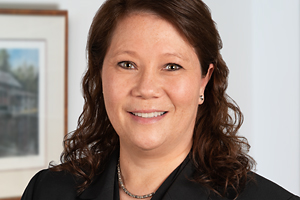
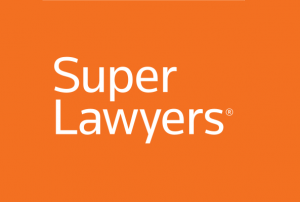
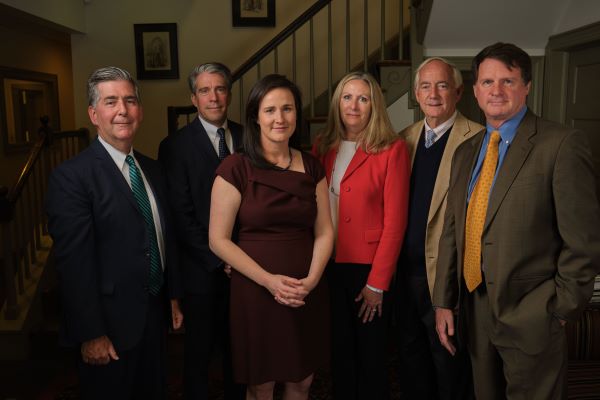


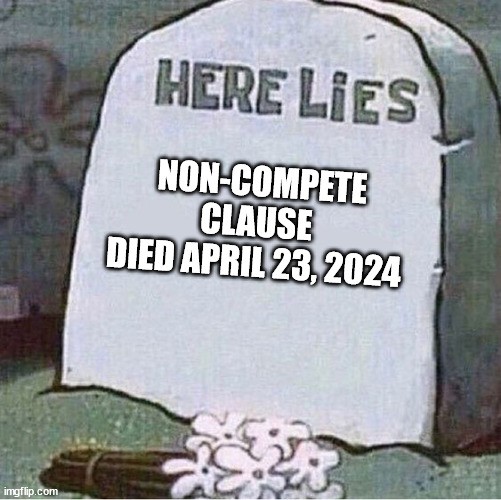
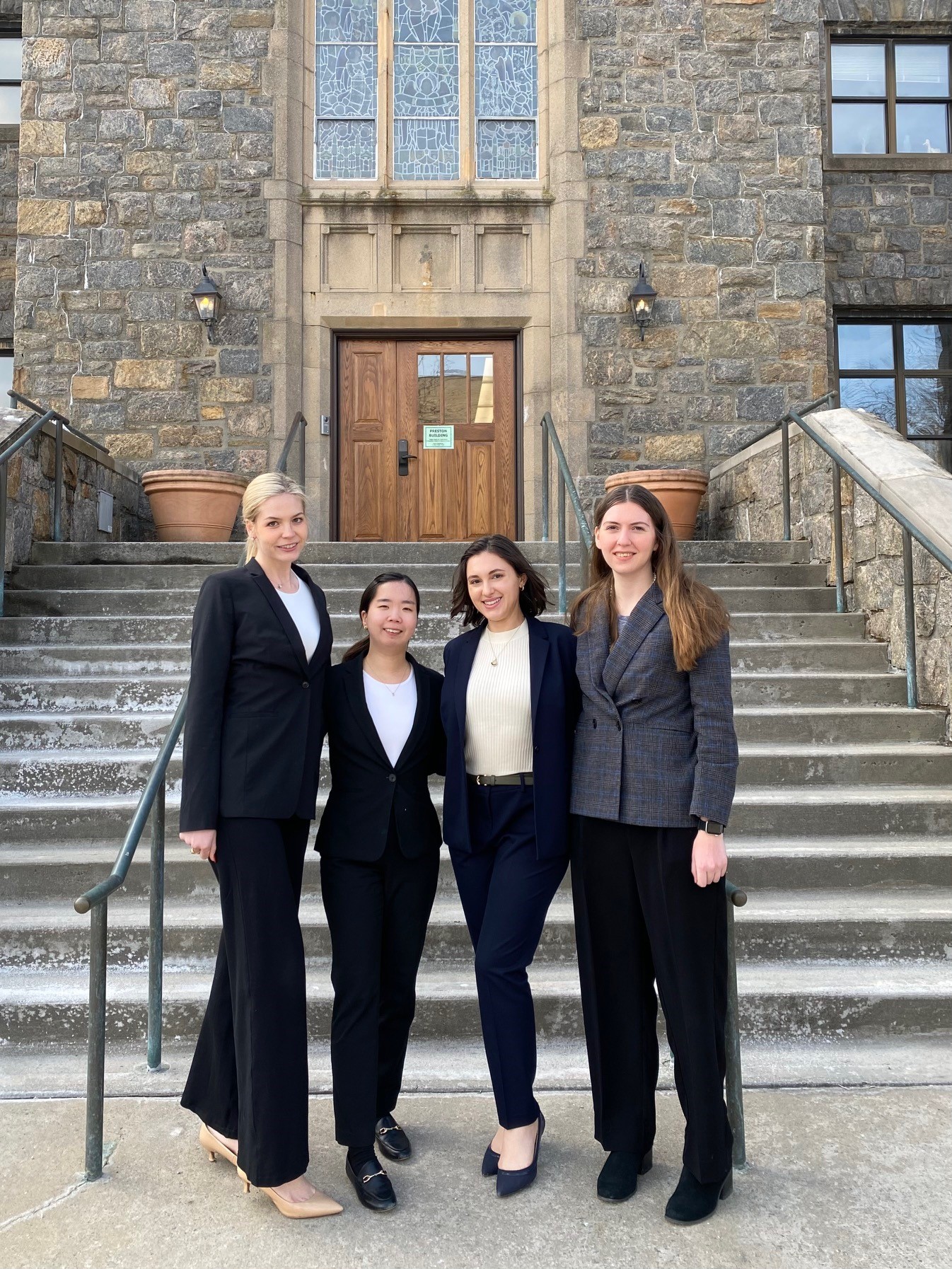
Share this Article: